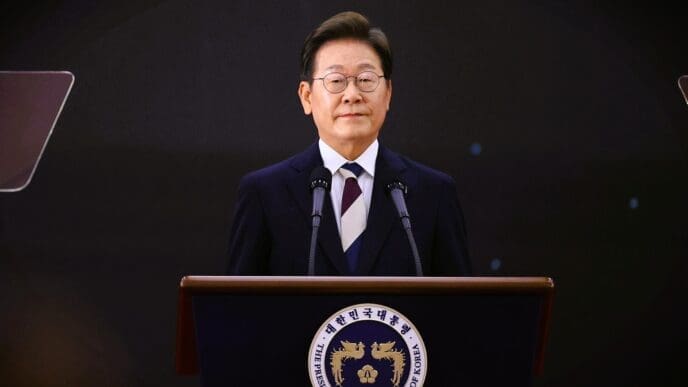The newly approved laws are a response to increasing apprehensions about the digital environment that children navigate. Lawmakers have expressed worries about the potential dangers posed by unrestricted social media access to minors, leading to this significant legislative development.
Several studies and reports have been cited by Australian officials, highlighting issues like cyberbullying, exposure to harmful content, and data privacy risks. These concerns have often been at the forefront of discussions surrounding the internet’s role in children’s lives, shaping public opinion and policy.
Australian parliament’s decision is part of a wider global trend towards regulating the internet to protect young individuals. Countries worldwide are grappling with the challenge of balancing technological advancement with necessary safeguards for vulnerable groups.
Critics, however, argue that such stringent regulations may impede on teenagers’ ability to engage with peers and express themselves digitally. They emphasize the importance of digital literacy and contend that outright bans may not address the root of the problems, suggesting instead a focus on education and awareness.
Meanwhile, proponents of the law argue that the safety and well-being of children outweigh any potential drawbacks. They believe that restricting access gives parents and guardians more control and ensures a foundation for children to grow up in a secure digital environment.
Social media companies have been urged to adapt to these changes, with expectations to enforce age restrictions more strictly. This will involve significant adjustments in how these platforms operate within Australia.
As Australia takes definitive action to safeguard its younger population, the passage of these laws underscores the critical ongoing debate surrounding children’s online safety versus access to digital resources.
Source: BBC













